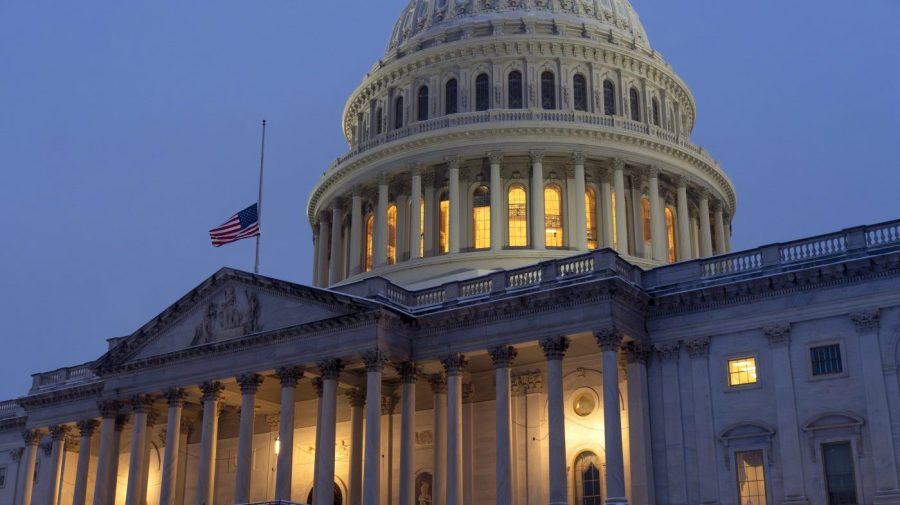
Progressive congressional staffers withdrew their 32-hour week proposal just a day after receiving widespread blowback from both sides of the aisle about the plan.
“The letter failed to make two things clear: First, that progressive congressional staff are dedicated to serving the American people no matter how many hours it takes to get the job done,” The Congressional Progressive Staff Association (CPSA) said in a Friday press release. “Second, that there are well-known, longstanding workplace issues that deserve Congress’s immediate attention if it wishes to effectively serve the people.”
The staffers proposed the idea to shorten the workweek on Thursday, arguing the reduction in hours would benefit the work being done on Capitol Hill. The group’s Thursday letter, which was addressed to both House and Senate leaders, said their proposal would “improve worker satisfaction, increase staff retention,” and model a sustainable work approach nationally.
The shorter workweek, per the plan, would be enforced for Washington-based staffers when their bosses are out of session or doing work in their district. For the district staff, it would be active when lawmakers are in session on Capitol Hill.
“There are myriad ways Congress can address these issues. Right now, a 32-hour workweek for staff will not be one of them,” the group said on Friday. “We are ready to continue the urgent task of serving our bosses’ constituents and advancing the causes that put working-class people first.”
“CPSA is looking forward to continuing to support staff in their efforts to address these critical workplace issues,” CPSA added.
The proposal for a lighter workweek was immediately criticized by other staffers and lawmakers.
Rep. Chip Roy (R-Texas) slammed the idea, writing that, as a former staffer, “I worked 100 hours a week and loved it.”
“I once pulled back to back all nighters to kill a really bad bill,” he wrote Thursday on the social media platform X. “I’d do it again. Grow up.”
Criticism came from Democratic lawmakers also, with Rep. Ritchie Torres (D-N.Y.) asked why progressive staffers did not ask for a “0-hour workweek.”
“I wonder how blue-collar Americans would feel about white-collar workers demanding a 32-hour workweek,” he wrote.












